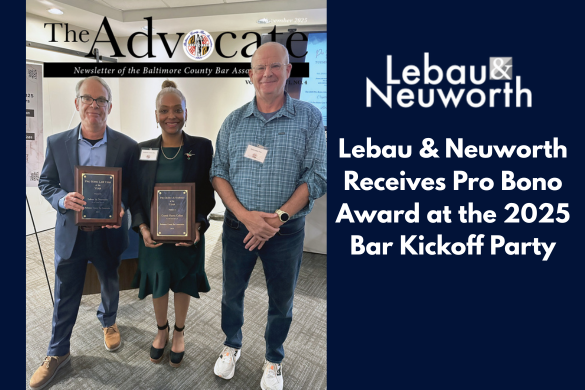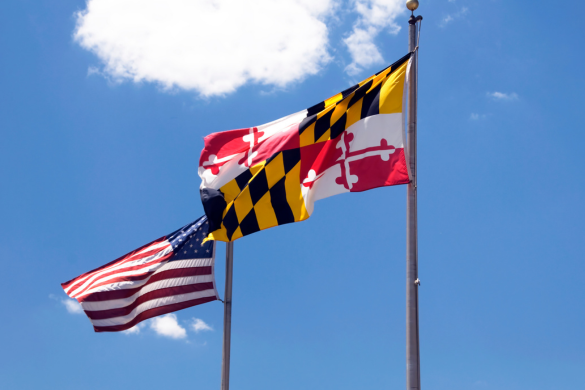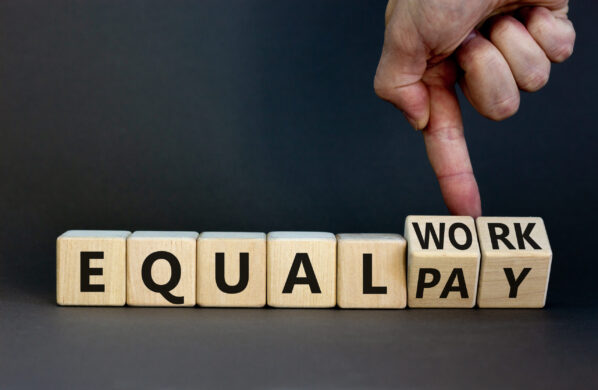A construction contractor fired five employees after several of them appeared in a YouTube video complaining of hazardous working conditions. Following an investigation, the NLRB regional office issued a complaint. As a hearing opened, the case settled, with the workers receiving full backpay and declining reinstatement. This example is illustrative of the rights given to employees under Section 7 of the National Labor Relations Act, which states, in relevant part: “Employees shall have the right to … engage in other concerted activities for the purpose of collective bargaining or other mutual aid or protection, and shall also have the right to refrain from any or all such activities.” Importantly, Section of the National Labor Relations Act applies to all employees, union and non-union employees. The National Labor Relations Board (“NLRB”) is the federal agency charged with the responsibility of investigating and remedying Section 7 violations. The NLRB provides the following guidance about what constitutes protected concerted activity: Is the activity concerted? Generally, this requires two or more employees acting together to improve wages or working conditions, but the action of a single employee may be considered concerted if he or she involves co-workers before acting, or acts on behalf of others. Does it seek to benefit other employees? Will the improvements sought – whether in pay, hours, safety, workload, or other terms of employment – benefit more than just the employee taking action? Or is the action more along the lines of a personal gripe, which is not protected? Is it carried out in a way that causes it to lose protection? Reckless or malicious behavior, such as sabotaging equipment, threatening violence, spreading lies about a product, or revealing trade secrets, may cause concerted activity to lose its protection. See http://www.nlrb.gov/concerted-activity. Employees and attorneys alike often overlook the protection given to workers by Section 7. Make sure you and your lawyer do not.











